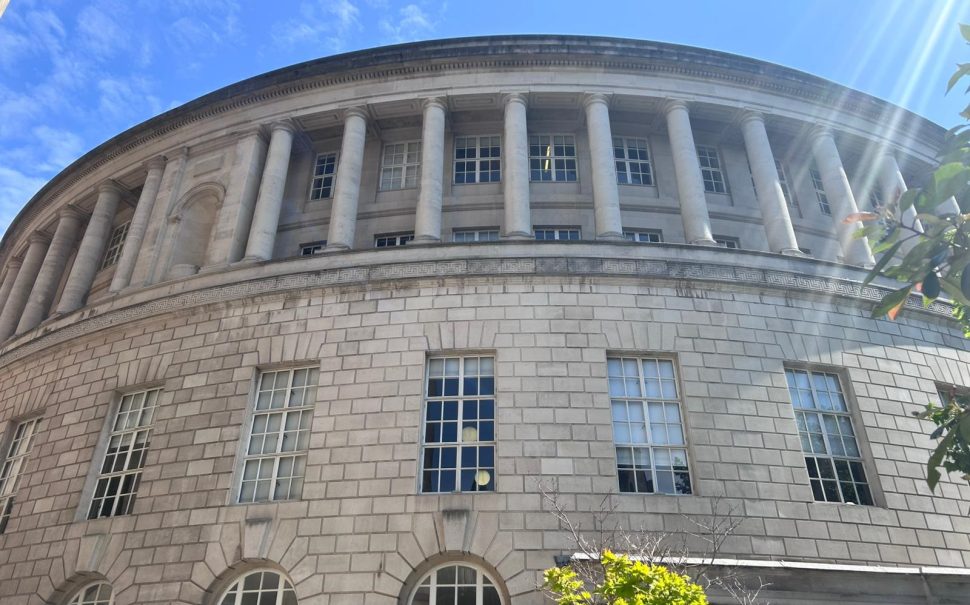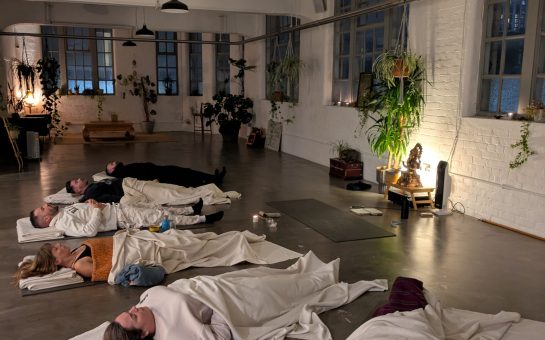When was the last time you took a book out from the library? Can you even remember?
A third fewer physical books were loaned from Manchester’s libraries in 2024 compared to a decade earlier, official data showed.
And at the city’s grand Manchester Central Library, loans have almost halved during that time, dropping from 224,345 in 2015 to 114,074 last year, a Freedom of Information request revealed.
Yet although the desire for physical books is declining, libraries have been finding new ways to stay relevant – including partnering with charities and digital book loans.
In 2024 there were 38 times more e-format loans across the borough’s libraries than there were in 2015.
A Manchester City Council spokesperson said: “Book loans are not reducing when e-resources are taken with the number of books issued.
“Library use continues to rise and are not just community hubs but provide a wide ranging cultural and creative programme which is a key element of the library service.”
Emily Rhodes had this in mind when she was volunteering at her local food bank – she wanted to create conversation and community in an otherwise intimidating place.
This inspired Emily to create Bookbanks, a charity which works with food banks across the country to provide free access to books. They aim to ‘change the story at food banks’ through books.
Bookbank’s trained volunteers help food bank guests to find the right book for them, and use the books to help spark conversation and to transform the experience of accessing a food bank.
Although Bookbanks has only been operating for a year, and in Manchester just over a month, the charity gives out about 240 books a week.
Emily said: “Reading offers everything. It offers an escape into a different world. It offers inspiration. It is also such a brilliant common ground between people and such a great way to bring people together.”
She explained how being a guest at a food bank involves a lot of waiting, which is often done in silence.
Emily said: “I immediately felt that books would be such a welcome addition. It’s much easier and less threatening and less direct to chat to someone about a book because you’ve both got this common ground.
“So rather than food banks being quite a grim experience and quite shameful, it becomes one of conversation and inspiration and community. As well as literacy, of course.”
Bookbanks has been very successful since it first started last year: “A guest who comes to the Hammersmith and Fulham food bank in London said ‘I came for food and I left with food for the soul.’”
Emily said the most powerful part of Bookbanks is seeing how books help food bank guests to articulate their own story.
She told of a man who visited Bookbanks in Manchester and borrowed a book about the conflict in Gaza.
“Through taking this book he then started talking about how he’d had to leave behind his own library of three hundred books in his own country, and how he’d studied politics and international relations.
“It felt like the book was almost a window into this other part of his life. It was really powerful, and I feel like I see that every day at the Bookbanks stalls.”
Even just possessing a book has helped some food bank guests.
Emily said: “One lady talked about how her friend came round and saw the book on her table, and said ‘Oh you’re super smart because you’ve got a book.’
“For somebody who is accessing a food bank, they might not have that much on their table, and if they’ve got their economy cereal and tins of beans, how nice also to have a really beautiful new book.”
Bookbanks also works with libraries to help and encourage those who would otherwise struggle to access a library’s resources. By providing books alongside food, many of the barriers to books are overcome.
Emily said: “If your life is in that situation where you are really short of money and not in a great place, it takes quite a lot to motivate you to go off, to go to the library, to open that door to go in.
“You might worry about how you smell, you might worry about being asked to leave, you might worry about being asked to show a library card which you don’t have, and you might be worried about having to ask to show proof of address.”
To combat this, Bookbanks arranges for librarians to come to the local Bookbanks stall to meet the food bank guests and issue library cards.
Despite the declining use of libraries, Emily is hopeful that reading can become part of more people’s lives again.
She said: “Everyone I know complains about feeling like they don’t have the time to read, feeling like their attention spans are getting shorter.
“I’m sure that when people start noticing what they are losing they will want to correct it.”
The decline in physical book loans in Manchester is reflected nationally. The number of people who read for pleasure has also decreased over the years. A study from the National Literacy Trust found that only 20% of eight to 18-year-olds reported reading daily in their free time in 2024 – the lowest levels recorded since 2005.
Nettle, a former assistant librarian from Bristol Library, noticed first hand the decline in library use as social habits changed in the digital era.
She said: “I think people aren’t reading to their kids as much, or reading isn’t as encouraged for younger people as a fun thing to do, and so you get to your twenties and it’s just the last thing you think of.”
She also explained that in general, a decreased amount of young people are actively visiting libraries.
Nettle said: “I think part of it is also just that people forget that libraries exist. I think even within very reading-heavy communities, the push is more towards owning books, almost like it’s a collecting hobby, more so than about the reading itself.”
She suggests that people are more inclined to use libraries as a study space, or to use computers and access the internet rather than borrowing books.
“Here is somewhere that you can come that you don’t have to pay to be there, that isn’t this silent, stuffy place all of the time, but has a wide range of various resources that you can access.”
Many who sign up for library cards are surprised to learn that they are free, and Nettle encourages people to visit their local libraries and to make use of the resources they offer.
She said: “The main way that libraries are funded is by numbers. We all have counters on the doors, and the more people that go in, the more money we get, and then the more books that we can supply to people and the more resources we can offer.
“Going to your local library isn’t going to fix the world, but it is a nice, free space and it would be a shame to lose them.”




